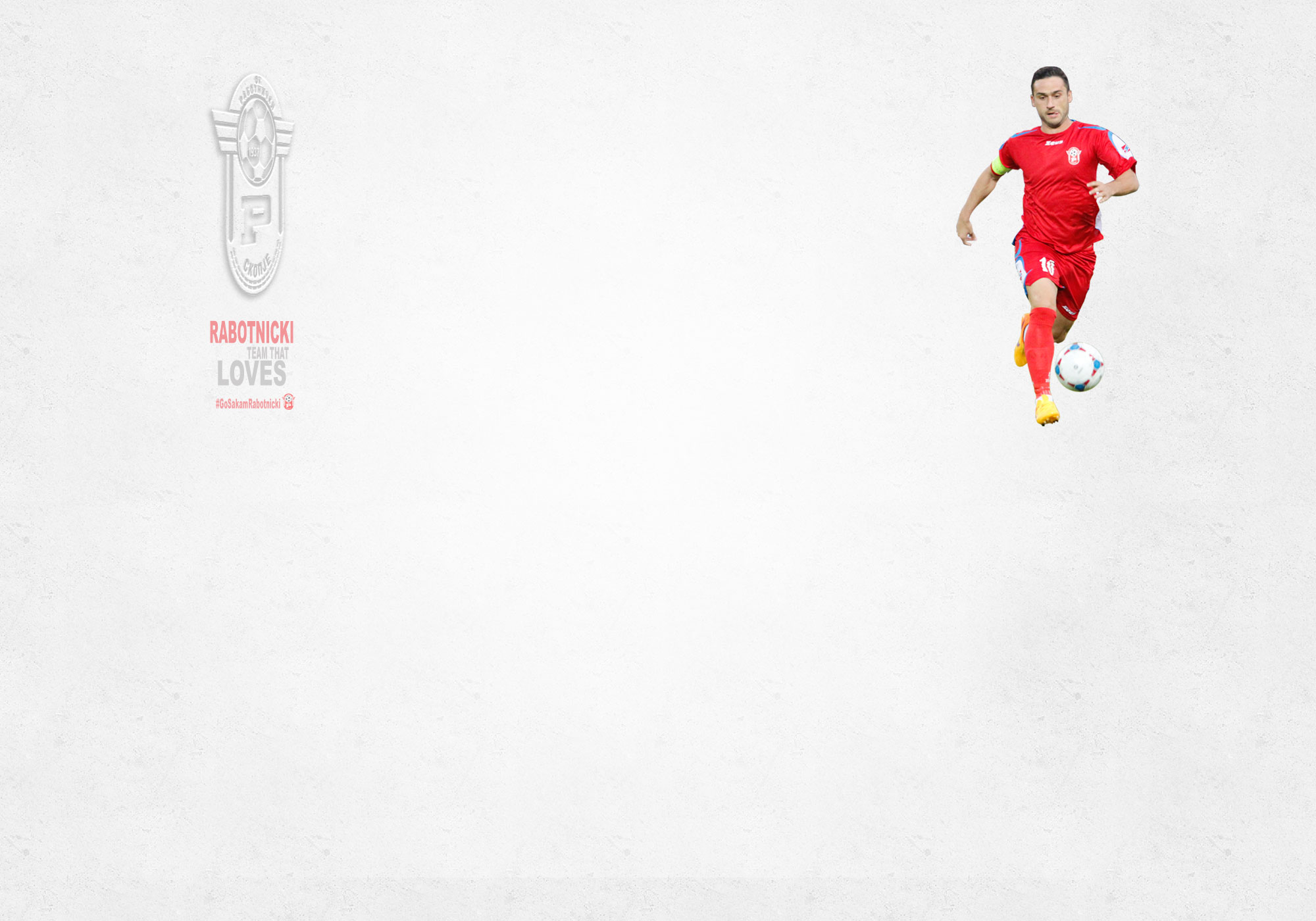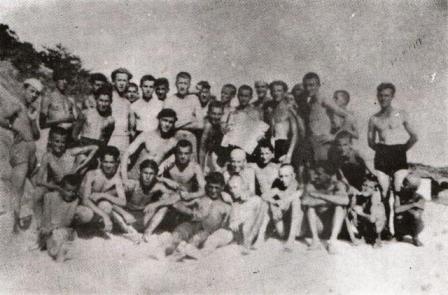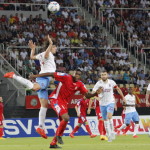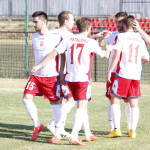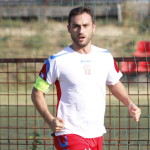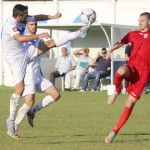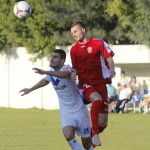Table First League
| Pos | Team | N | W | D | L | P |
|---|---|---|---|---|---|---|
| 1 | 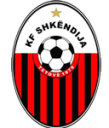 Skendia Skendia | 36 | 29 | 4 | 3 | 91 |
| 2 | 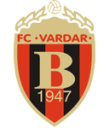 Vardar Vardar | 36 | 16 | 8 | 12 | 56 |
| 3 | 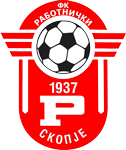 Rabotnicki Rabotnicki | 36 | 14 | 10 | 12 | 52 |
| 4 | 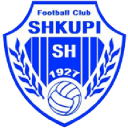 Skupi Skupi | 36 | 13 | 12 | 11 | 51 |
| 5 | 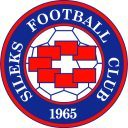 Sileks Sileks | 36 | 13 | 11 | 12 | 50 |
| 6 | 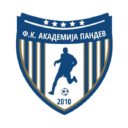 Ak. Pandev Ak. Pandev | 36 | 10 | 12 | 14 | 42 |
| 7 | 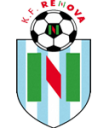 Renova Renova | 36 | 10 | 11 | 15 | 41 |
| 8 |  Pobeda Pobeda | 36 | 10 | 8 | 18 | 38 |
| 9 | 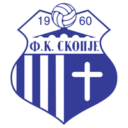 Skopje Skopje | 36 | 7 | 14 | 15 | 35 |
| 10 |  Pelister Pelister | 36 | 8 | 10 | 18 | 34 |
